Folic Acid (Vitamin B9): Importance of This Vitamin and Food Sources of Folate
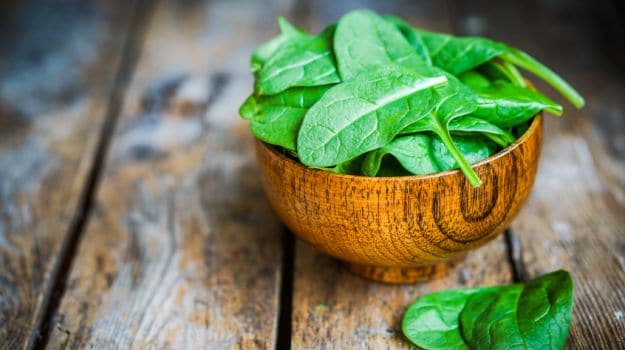
There are various kinds of vitamins, of which Folate is considered to be an important kind. It is more commonly known as Folic Acid or Vitamin B9, a nutrient whose deficiency is often linked to hair fall issues. It is also involved in the synthesis of nucleic acid, which includes DNA and RNA. If you are iron deficient and have been taking iron supplements, then you will notice that most capsules often come with folic acid in it as well. Together they help in producing healthy blood cells.
Pregnant women are advised by health experts to have sufficient amount of folic acid for the healthy development of the foetus. Folic acid deficiencies could lead to major birth defects, particularly that of the spine and brain, like neural tube defects, including spina bifida and anencephaly. Women planning to get pregnant are advised to take folic acid supplements for a full year before conception.
Folic acid refers to the man-made version of the water soluble vitamin Folate. It is synthesised in large numbers in the form of capsules and tabs to help people meet their daily requirement. Otherwise Folate is naturally found in various ingredients too, and they are as follow:
1. Green Leafy Vegetables:Green leafy vegetables such as spinach, mustard leaves, lettuce, seasonal saags, etc are considered to be one of the best sources of folate or vitamin B9. It is not without reason that our mothers nagged us to eat our greens!
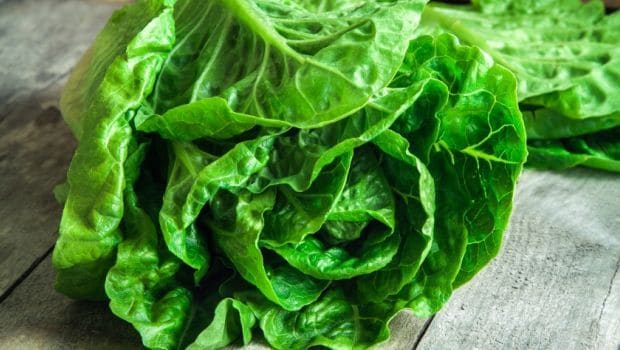
Time to load up on greens! Image credit: Istock
2. Broccoli: Broccoli offers high levels of immune system-boosting vitamin C, bone-strengthening vitamin K, and folate, which plays a strategic role in regulating cell growth and reproduction. It’s also packed with glucosinolate compounds, such as sulforaphane and glucoraphanin, which help to fight cancer.
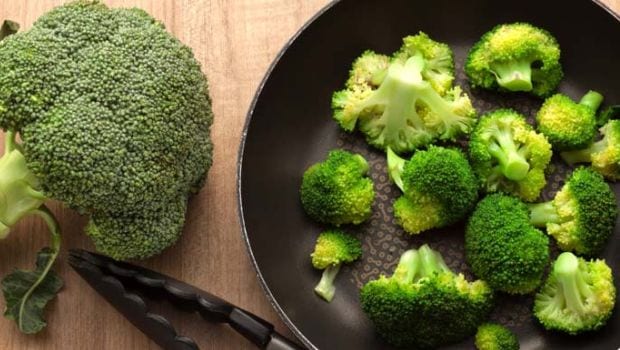
Broccoli offers high levels of folate; Image credit: Istock
3. Banana: Banana is a heavyweight when it comes to nutrition. It is loaded with essential vitamins and minerals such as potassium, calcium, manganese, magnesium, iron, folate, niacin, riboflavin, and B6.
4. Melons: Honey dew melon has the highest sugar content of any melon, but also contains vitamin C, folate and calcium. Its seeds like other melons are rich in antioxidants, and vitamin C, A and E, and are loaded with fibre.
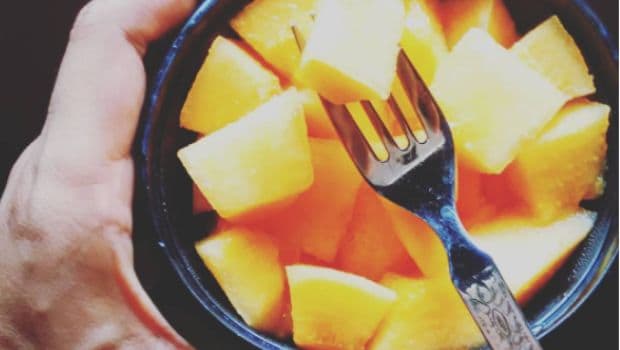
Bowl of muskmelon; Photo Credit: instagram/aashishsp
5. Lemon: It is known to cleanse the digestive system along with blood purifying properties. Lemons are rich in vitamin C, antioxidants, and anti-inflammatory properties.
6. Meat (such as liver and kidney): For non-vegetarians, liver and kidney are great sources of iron and folate.
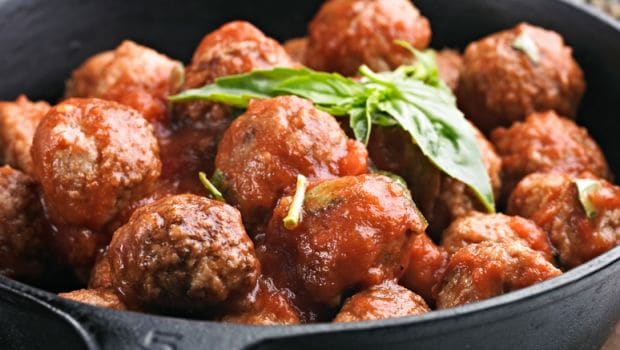
Image credit: Istock
7. Orange: It contains high source of folate, which reduces levels of homocysteine, the cardiovascular risk factor that can build up in our blood, while its store of potassium helps lower blood pressure.
Include these foods in your daily diet to ensure your get your dose of folate.
[“source=food.ndtv”]